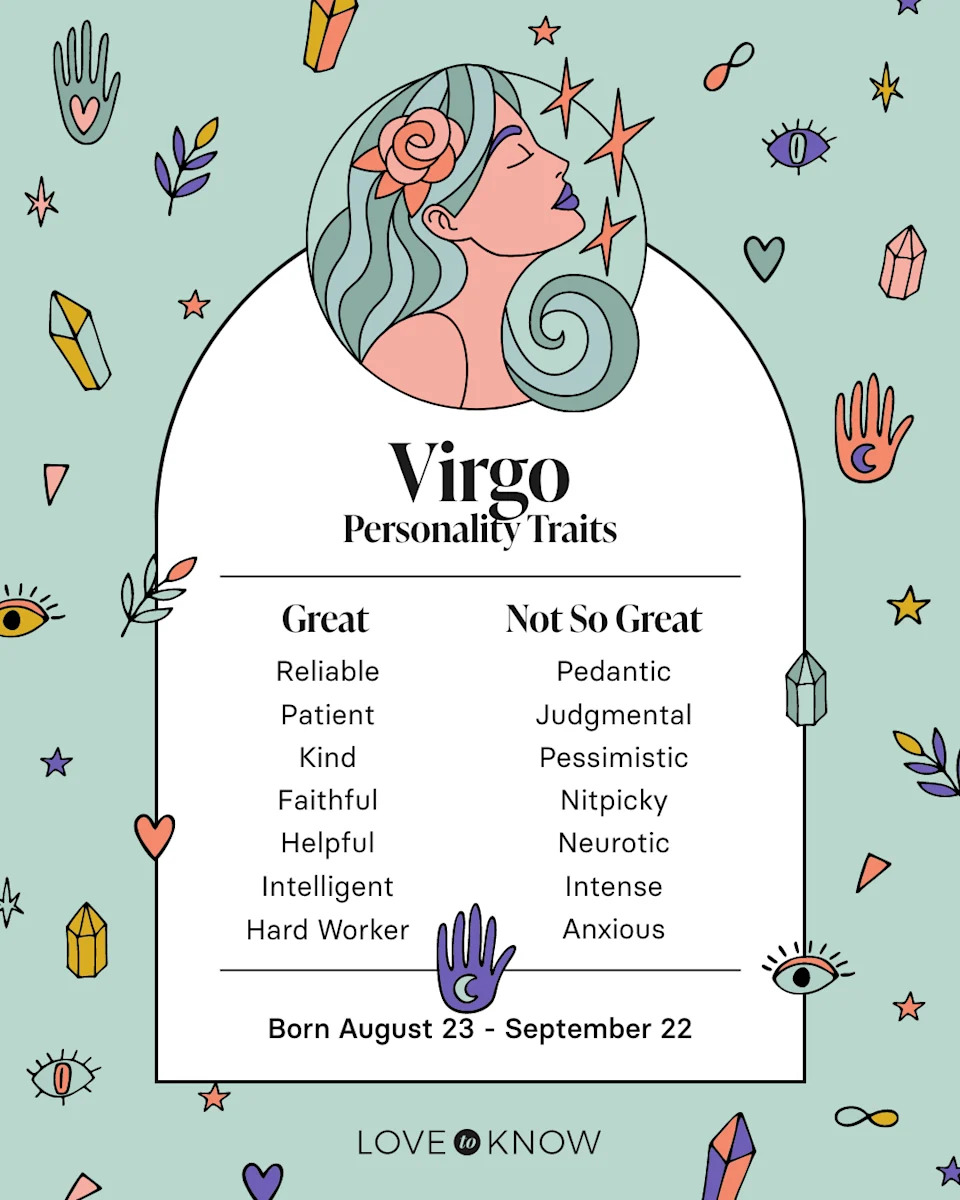You know, for years, I just thought my 16-year-old—let’s call him M—was just being a difficult teenager. Total eye rolls, constant sighing, and criticizing everything, from how I stacked the dishwasher to my career choices. It was driving me nuts. We were fighting three or four times a week, mostly over things that seemed utterly minor to me but were apparently huge existential crises for him. I knew I needed to change how I handled him, because the shouting contests weren’t fixing anything. I figured, if he’s going to be the poster child for his astrological sign, maybe I should actually look at what that means, practically, for a parent.
I decided to treat it like a field study, logging his behavior against common Virgo traits I looked up—not the airy-fairy horoscopes, but the psychological descriptors: the need for order, the intense self-criticism, the focus on service, and the underlying anxiety that drives the perfectionism. I started this whole process about four months ago.
The Initial Observation Phase: Figuring Out the Triggers
The first thing I did was just observe, without reacting. I grabbed a cheap notebook and just started writing down the precise moment an argument blew up. I quickly pinned down three major triggers. First, anything ambiguous drove him crazy. Second, any critique of his work, even minor, led to a defensive shutdown. Third, he needed to feel useful, but only on his own terms.

- I logged a fight where he absolutely lost it because I moved his backpack off the kitchen counter. For me, it was clutter. For him, I realized, it was a displacement of his perfectly placed, organized materials. I had messed with his system.
- I logged a 45-minute standoff over his history essay. I had suggested he use one less comma. He internalized that single comma critique as me saying the entire 5,000-word paper was garbage.
- I logged his reaction when I asked him to “just help out.” He didn’t move. But when I asked him to “sort the old invoices by date and file them under ‘Q3 2023,’” he jumped to it immediately.
I realized the old approach—being vague, offering soft praise, and forcing him to be flexible—was toxic for his personality type. It triggered his inner need for flawless execution and his fear of chaos. I knew I had to fundamentally adjust my communication protocol.
Shifting Gears: Implementing the New Protocol
My second phase was active implementation and monitoring the change in response. I stopped asking him to do things and started asking him to fix things. I hammered out three core changes in my daily interaction with him.
Step One: Embrace the Critique. Instead of getting defensive when he criticized my cooking or my driving, I started flipping it around. I’d look him straight in the eye and say, “That’s a fair point. Tell me, analytically, what would be the most efficient way to stack these dishes so they all fit perfectly?” He was stunned the first time I did this. He went from angry critic to satisfied consultant. He needs to analyze, and when you give him permission to use that analytical mind for utility, he calms down.
Step Two: Precision over Vague Encouragement. I totally threw out generic praise like, “Good job, buddy.” That phrase is meaningless to a Virgo teen, who knows exactly what wasn’t perfect. I started being hyper-specific. “Your math homework layout is excellent; the way you sectioned off the proofs makes it incredibly easy to follow.” When he did something wrong, I phrased it as a system error, not a personal failure. “The system needs optimizing here. What variable did we miss?”
Step Three: Granting Control Zones. The biggest fight trigger was loss of control. I realized he needed a few areas in the house that were 100% his jurisdiction, where no one else was allowed to intervene, even if it looked bonkers to me. We negotiated his bedroom and the home office supplies cabinet. I physically marked off the cabinet with a label that read: ‘M’s Inventory Control Zone. Entry strictly prohibited.’ The minute he had that official sanction, he calmed down visibly. It wasn’t about the mess; it was about the authority over the environment.
The Result and My Takeaway
It’s not perfect, don’t get me wrong. He’s still a teenager, prone to deep pessimism when something goes slightly off plan. But the shouting matches have dropped dramatically, maybe one every two weeks now, and they resolve much faster.
What I learned through this detailed, practical experiment is that the intense critical nature and the need for order aren’t hostile acts; they are internal defense mechanisms against chaos and imperfection. By recognizing his need for utility and precision, I stopped trying to parent the chaotic, free-spirited kid I wanted, and started parenting the meticulous, analytical kid I actually have. I had to stop seeing his perfectionism as a barrier and start seeing it as his unique, intense operating system that needed a specific, detailed manual. And I wrote that manual by watching him and changing my own behavior first. If you’ve got a critical, anxious, detail-obsessed teen, stop fighting the traits. Figure out how to put those traits to work. It changed everything for us.






